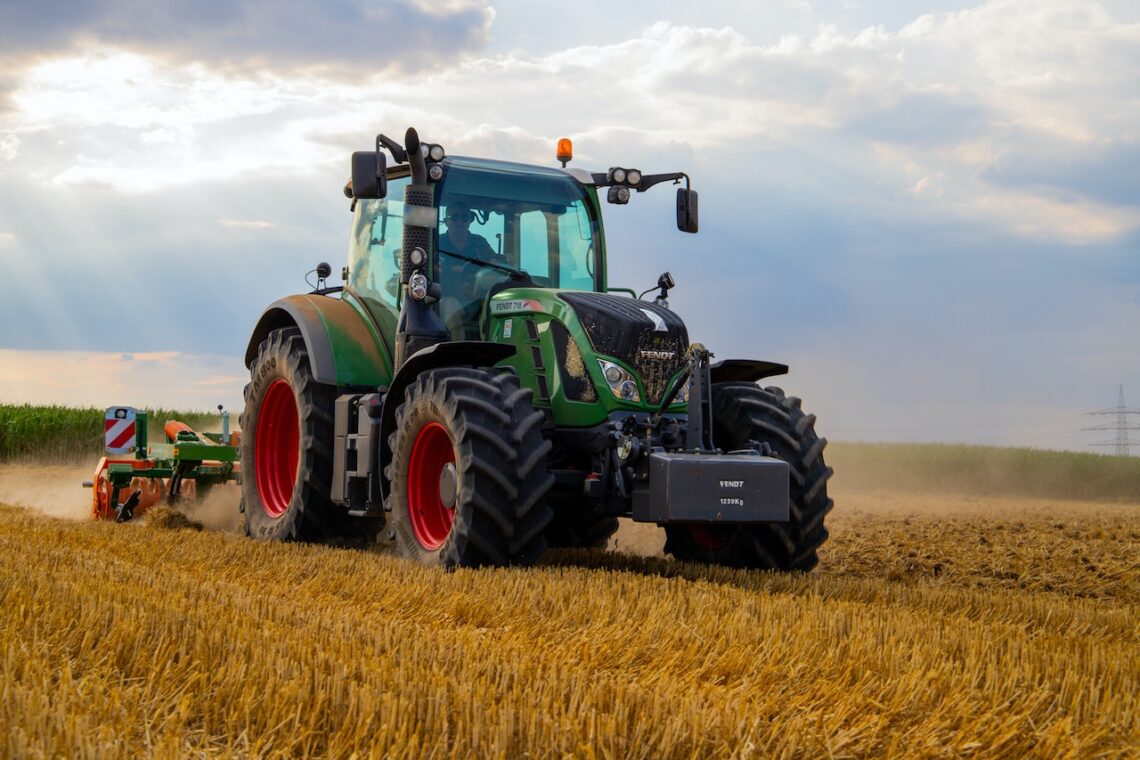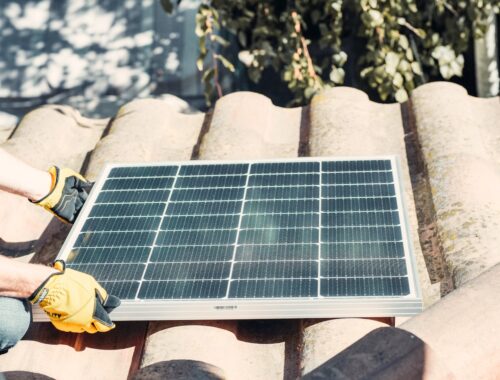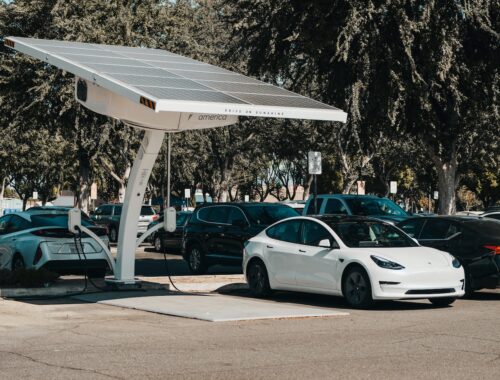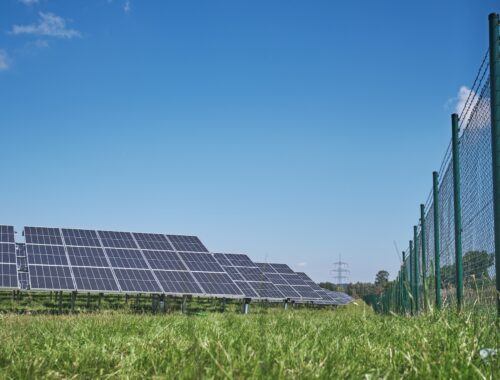
Solar Power in Agriculture: Benefits for Farmers and Food Production
Solar power has emerged as a valuable tool in modern agriculture, offering numerous benefits for both farmers and food production. As the world faces the dual challenges of increasing food demand and the need for sustainable farming practices, solar energy provides a clean and efficient source of power that can transform the agricultural sector. In this article, we will explore the various ways in which solar power is being harnessed in agriculture and the advantages it brings to farmers and food production.
- On-Farm Energy Generation:
One of the primary applications of solar power in agriculture is on-farm energy generation. Farmers can install solar panels on their land or rooftops to generate electricity. This energy can be used to power various on-farm operations, including irrigation systems, lighting, heating, cooling, and machinery.
Benefits:
Cost Savings: Solar power can significantly reduce electricity bills, making farming more economically viable.
Energy Independence: Farmers become less reliant on external energy sources, providing greater control over their energy supply.
Sustainability: Solar power is a clean and renewable energy source, reducing greenhouse gas emissions associated with conventional energy generation.
- Irrigation Systems:
Solar-powered irrigation systems are becoming increasingly popular in agriculture, especially in areas with limited access to the electrical grid. Solar pumps and drip irrigation systems can efficiently deliver water to crops, promoting efficient water use and improving crop yields.
Benefits:
Water Efficiency: Solar-powered irrigation allows for precise control over water delivery, reducing water wastage.
Cost-Effective: It eliminates the need for fuel-powered pumps, reducing operational costs.
Reliability: Solar pumps can operate in remote areas with inconsistent access to grid power.
- Remote Monitoring and Automation:
Solar power enables the implementation of remote monitoring and automation systems on farms. These systems can track environmental conditions, soil moisture levels, and crop health, allowing farmers to make data-driven decisions and optimize their farming practices.
Benefits:
Precision Agriculture: Data-driven insights enable farmers to optimize resource allocation, leading to higher yields and reduced waste.
Labor Savings: Automation reduces the need for manual labor, especially in large-scale farming operations.
Environmental Stewardship: Improved resource management can lead to more sustainable farming practices.
- Sustainable Farming Practices:
Solar power aligns with sustainable farming principles. By using clean energy, farmers can reduce their carbon footprint and minimize the environmental impact of their operations. Sustainable farming practices can also lead to improved soil health and reduced reliance on chemical inputs.
Benefits:
Environmental Benefits: Solar power reduces greenhouse gas emissions and air pollution.
Soil Health: Sustainable farming practices can improve soil quality and long-term agricultural productivity.
Resilience: Sustainable farming methods are often more resilient to extreme weather events and changing climate conditions.
- Income Generation:
In addition to meeting their own energy needs, farmers can generate extra income by selling excess solar power back to the grid. Many regions have feed-in tariff programs that allow farmers to earn money by exporting surplus energy.
Benefits:
Additional Revenue: Selling excess energy provides an additional income stream for farmers.
Grid Support: Solar power can contribute to grid stability, especially in rural areas with limited power infrastructure.
- Off-Grid Farming:
Solar power can enable off-grid farming in remote areas where connecting to the electrical grid is not feasible or cost-effective. Off-grid solar systems can power essential equipment, lighting, and refrigeration, allowing farmers to operate self-sufficiently.
Benefits:
Access to Electricity: Off-grid solar systems provide access to electricity in remote areas, improving living conditions and supporting economic development.
Reliability: Solar power systems are reliable and require minimal maintenance, even in remote locations.
- Energy Storage Integration:
By combining solar power with energy storage solutions like batteries, farmers can ensure a consistent power supply, even during periods of low sunlight. Energy storage systems store excess solar energy for use during the night or on cloudy days.
Benefits:
24/7 Power: Energy storage ensures a continuous power supply, critical for operations like refrigeration.
Grid Independence: Energy storage reduces reliance on the grid and provides backup power during grid outages.
- Greenhouse Farming:
Solar power is particularly well-suited for greenhouse farming. Solar panels can provide electricity for lighting, heating, and ventilation systems, creating optimal growing conditions year-round.
Benefits:
Year-Round Farming: Greenhouses powered by solar energy can extend the growing season and enable year-round production.
Energy Efficiency: Solar-powered greenhouses can be designed to be highly energy-efficient, reducing operational costs.
Challenges:
While solar power offers numerous advantages to agriculture, there are some challenges to consider:
Upfront Costs: The initial investment in solar panels and related equipment can be significant, although falling solar panel prices have made this more affordable.
Intermittent Energy Generation: Solar power generation is dependent on sunlight, which can be intermittent. Energy storage systems can mitigate this challenge.
Maintenance: Solar panels require periodic maintenance, including cleaning and inspections to ensure optimal performance.
Solar power has the potential to revolutionize agriculture by providing clean, reliable, and cost-effective energy solutions. It enables sustainable farming practices, reduces operating costs, and supports increased food production. As technology continues to advance and solar power becomes more accessible, its integration into agriculture will likely become even more widespread, contributing to a more sustainable and resilient food supply chain.
You May Also Like

What are main uses of solar energy?
March 29, 2023
Solar Power and Electric Vehicles: Synergies for Sustainable Transportation
July 21, 2023

